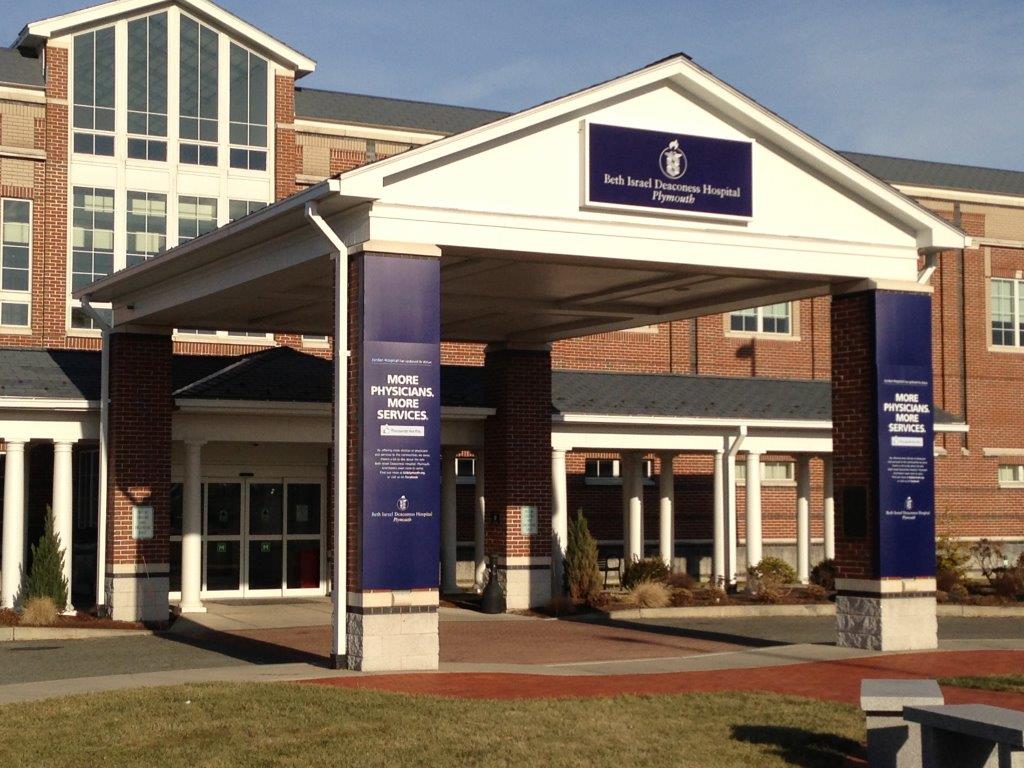A Step Forward in the Battle Against Opioid Abuse
Through its working group to address the Commonwealth’s opioid crisis, the Baker-Polito administration established three core competencies for the prevention and management of prescription drug misuse. One of the actionable items was a recommendation that all Massachusetts-based medical schools train their students to identify patients who present with co-occurring psychiatric disorders. The training also helps them appropriately refer those patients to addiction medicine specialists and treatment programs for relapse prevention and specialized behavioral health services. Additionally, the students are being taught skills to provide patient-centered counseling and identify behavior change in the context of a patient encounter, consistent with evidence-based techniques.
The emergency department at Beth Israel Deaconess (BID)-Plymouth has established a first-of-its-kind integrated healthcare and substance-abuse methodology for identifying and treating patients who present with co-occurring drug overdose and mental health issues. The hospital has hired full-time specialists who work in the emergency department (ED) to both medically and psychologically screen substance-abuse patients.
By aggressively addressing the behavioral health needs of substance abuse victims in the nine months since the BID-Plymouth initiative was established, the hospital has opened over 1,000 patient records and has reduced the number of patients presenting with substance abuse by one quarter. The majority of these former ED patients are now being treated in community-based programs, such as CleanSlate, to help them through the process of detox and appropriate counseling services. In 2012, CleanSlate was the first-ever recipient of the Substance Abuse and Mental Health Services Administration Science and Service Award for office-based opioid treatment. Peter Monaghan, Eastern Region Area Director of Clean Slate Centers, states:
…research has shown that effective treatment of opioid addiction that combines medication and behavioral therapy (counseling, intensive outpatient therapy, etc.) increases the likelihood of long-term sobriety. By itself, medication can reduce cravings and withdrawal, but to successfully recover from an addiction, you need to change your habits and thought processes. Behavioral therapy helps you rebuild your relationships, fix your financial situation, get a job, be a responsible family member, decrease your stress, anxiety or depression and helps you make other meaningful changes to allow you to return to a healthy, fulfilled life.
Pioneer Institute commissioned Tom Mashberg to write a white paper on BID-Plymouth’s efforts to address the opioid crisis. In his report, he charted the time behavioral health patients spent waiting (referred to as “boarding”) in the hospital’s emergency department. He found that:
…according to the Treatment Advocacy Center (2012), behavioral health patient boarding… can cost the hospital more than $100 per hour in lost income alone. In addition, the average cost to an ED to board a behavioral health patient is estimated to be $2,264. Medically, psychiatric symptoms of boarding patients often escalate during boarding in the ED.
Over a five-month period, Plymouth-BID has significantly cut back on boarding time, resulting in more than $40,000 in savings.
*BID-Plymouth earned a runner-up award for its Integrated Healthcare and Substance Abuse submission to Pioneer Institute’s 2016 Better Government Competition, which sought ideas to address the mental health crisis in America. Learn more about the proposal below:
Better Government Compendium of Winning Entries 2016: Improving Care for Those with Mental Illness by Pioneer Institute




Leave a Reply
Want to join the discussion?Feel free to contribute!